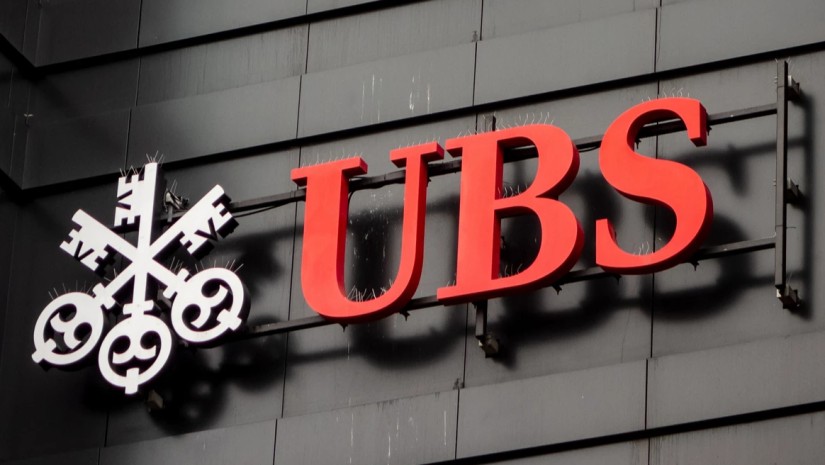UBS said Thursday that it expected to generate more than $10 billion in savings from a sweeping overhaul of the new global banking giant created by its emergency rescue of stricken rival Credit Suisse earlier this year.
When it announced the takeover in March, UBS said it was targeting cost savings of 8 billion francs ($9.1 billion) a year by 2027, 6 billion francs ($6.8 billion) of which would come from job cuts. It now expects to complete the integration — and achieve the savings — by the end of 2026.
The Swiss bank, which has a combined global workforce of nearly 122,000, gave no details on the numbers of likely layoffs in its second quarter earnings statement — the first report since it acquired its rival.
But it confirmed plans to retain Credit Suisse’s banking operations in Switzerland, and fully absorb those into the newly-merged group, rather than opting for a spin-off or IPO. That is likely to stoke fears of big job cuts among the 37,000 or so people the banks employ in the country, because of overlap.
“Our analysis clearly shows that a full integration is the best outcome for UBS, our stakeholders and the Swiss economy,” Chief Executive Sergio Ermotti said in a statement. He added that this was “one of the biggest and most complex bank mergers in history.”
UBS (UBS) agreed on March 19 to buy Credit Suisse for the bargain price of 3 billion Swiss francs ($3.4 billion) in a rescue orchestrated by Swiss authorities to avert a banking sector meltdown.
UBS posted net profit of $29 billion for the second quarter, reflecting a one-off boost from the acquisition of Credit Suisse at a fraction of its value. But it also benefited from continued strong inflows into its global wealth management business, recording $16 billion of net new money — the highest second-quarter figure in over a decade.
Controversy in Switzerland
Credit Suisse went bust after confidence in the ailing lender collapsed and customers yanked their money from the bank. The firm had been plagued by scandals and compliance failures in recent years that wiped out its profit and caused it to lose clients.
But the death blow came after it acknowledged “material weakness” in its bookkeeping and as the demise of US regional lenders Silicon Valley Bank and Signature Bank spread fear about weaker institutions.
The combination of the banks has caused controversy in Switzerland because it leaves the country exposed to a single massive financial institution with a market share of about 30% and assets roughly double the size of its annual economic output.
Taxpayers were originally on the hook for potential losses arising from the deal, but UBS said earlier this month it would no longer need a Swiss government guarantee of 9 billion francs ($10.3 billion) for future potential losses arising from Credit Suisse assets.
It also said it no longer required a 100 billion franc ($114.2 billion) government-backed loan and that Credit Suisse had repaid an earlier loan from Switzerland’s central bank of 50 billion francs ($57.1 billion).
“Taxpayers will no longer bear any risks arising from these guarantees,” the Swiss government said at the time, CNN reports.
















